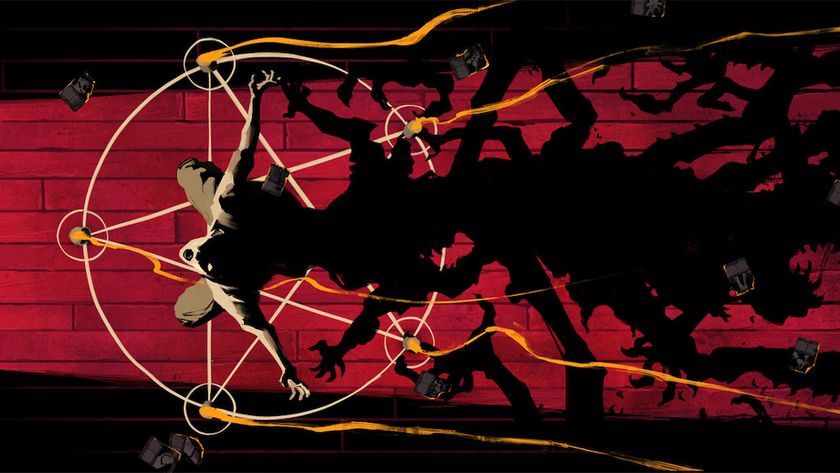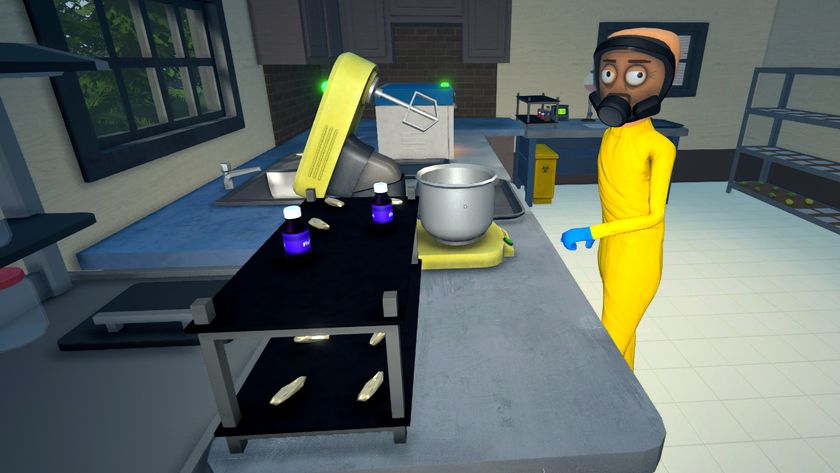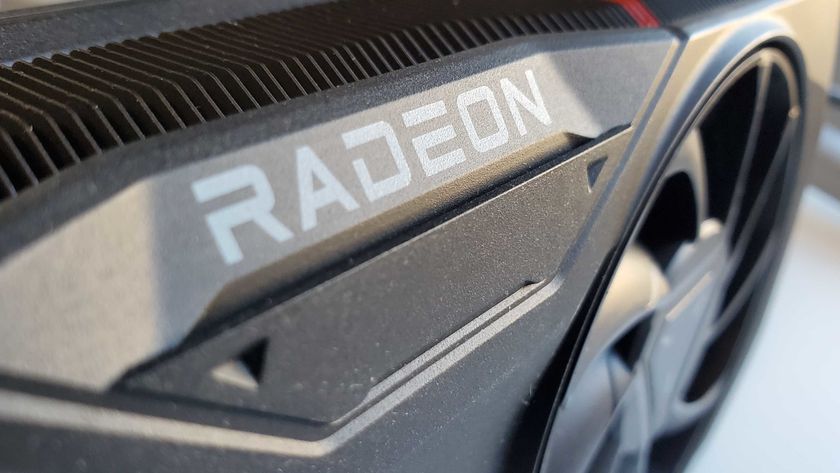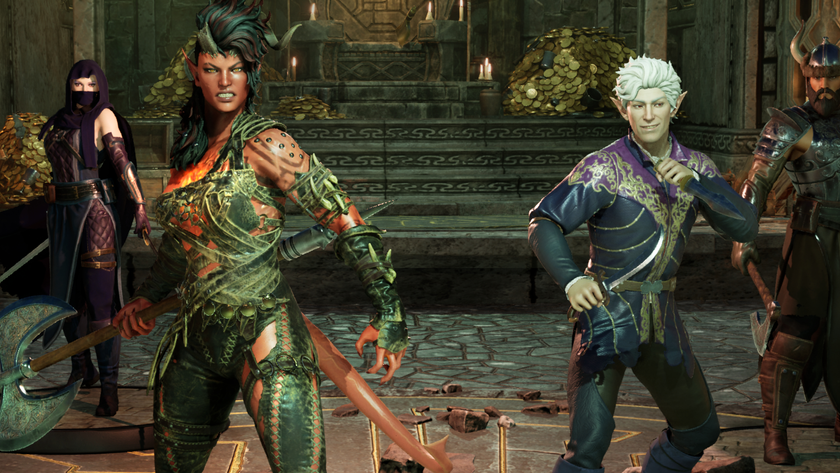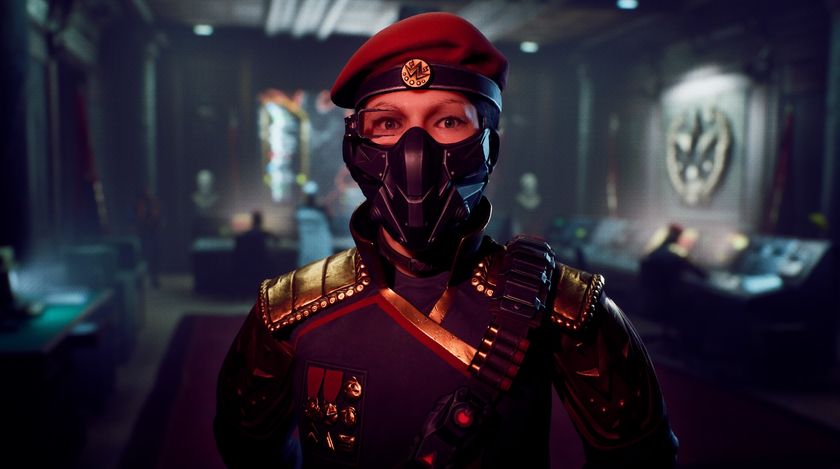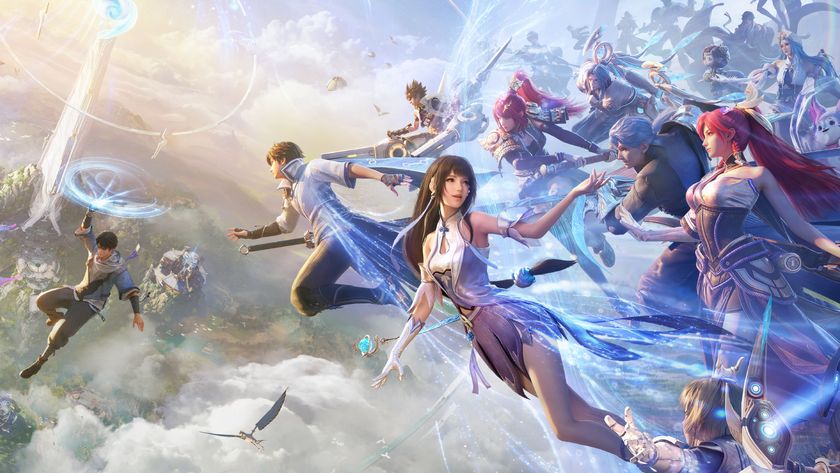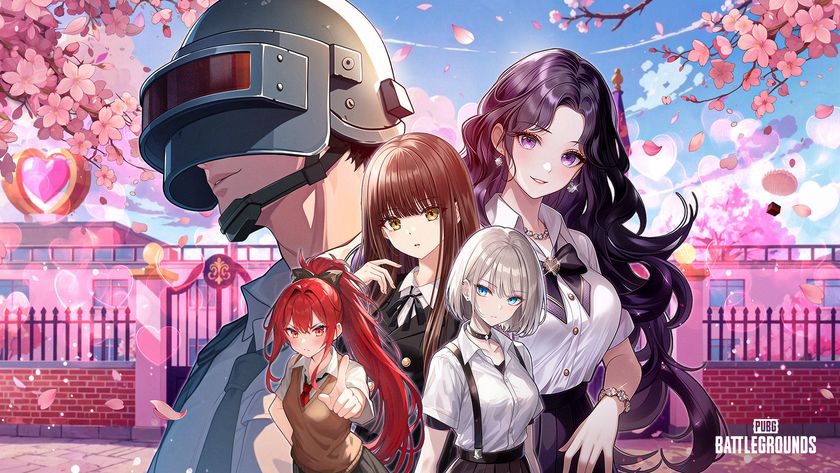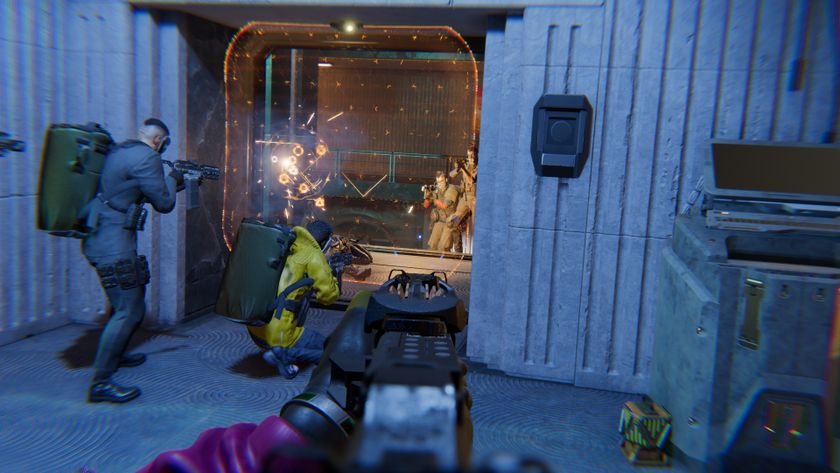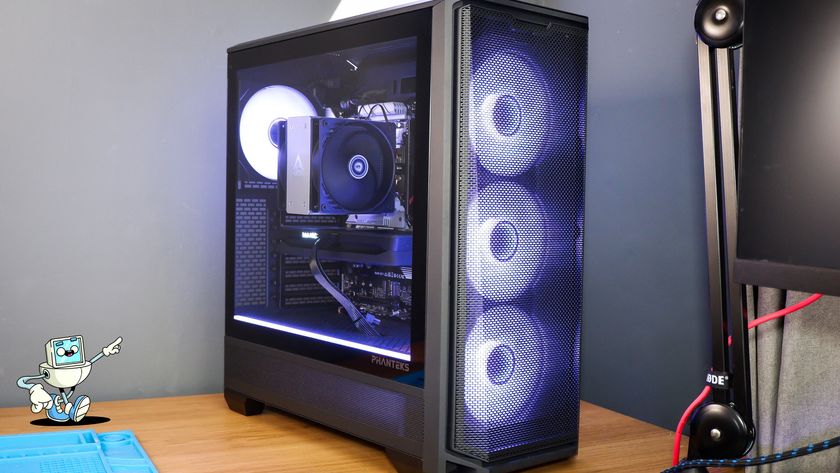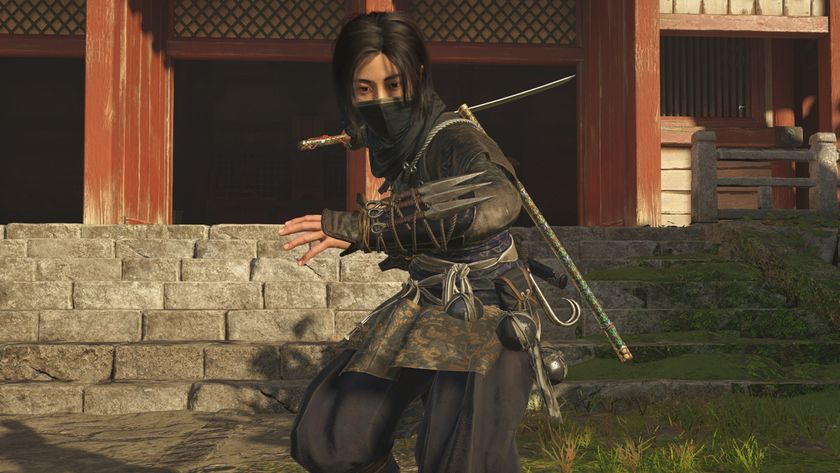Warhammer 40,000: Battlesector shows how a Warhammer game should be done
This quiet achiever is a point of light in the grim darkness.
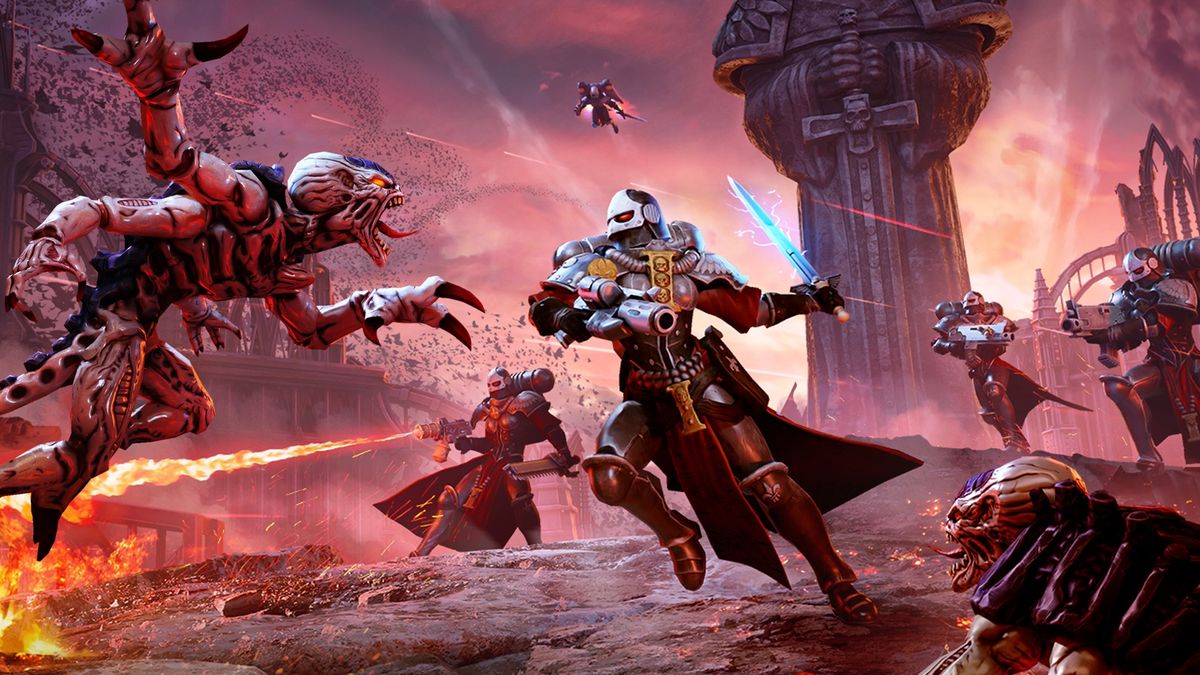
It's a great time for strategy games, and one of my favorites of the last few years is Warhammer 40,000: Battlesector. Since launching in 2021 it's got even better, picking up two extra modes as free updates:
- Daemonic Incursion, a wave defense mode that pits you against hordes of daemons.
- Planetary Supremacy, a conquest-style "paint the map" mode, and though currently in beta it has the potential to become a turn-based version of Dawn of War's excellent Dark Crusade campaign.
Two extra factions have been added as DLC. The Sisters of Battle became a full-fledged playable army, while the other army is new—the robotic necrons who are so much fun to trash in Mechanicus. I only check in on Battlesector every few months, but when I do it's like I've hit the end turn button and come back to find a new patch with a new feature. (In the latest, Steam Deck support.)
Both of the new modes are a good time. In Planetary Supremacy, three factions fight over a map of raised hexagonal pillars, trying to protect their bases. The necron base is a metal monolith that spits electric lightning, while the tyranid base looks like a four-pronged organic claw reaching out of the ground. In Daemonic Incursion I've mainly been playing as Sisters of Battle, whose church-organ tanks and winged jump-pack warriors are accompanied into battle by a soundtrack that's soaring and choral. When it's the daemons' turn, the music abruptly transitions into chugalugging heavy metal guitars as wave after wave of them flow in. It's great.
Something Battlesector absolutely nails is giving each faction its own personality. As well as differentiating them with graphics and audio, Battlesector makes them mechanically unique. Each army earns Momentum—which can be spent on bonus action points or to power-up a unit—in different ways. The tireless necrons get Momentum for moving at least three tiles per turn, and repair themselves slightly with each point gained. Meanwhile, the hivemind tyranids gain Momentum for staying clustered while on the march, the eager-to-be-martyred Sisters of Battle for taking damage, and the bloodthirsty Blood Angels for dealing it.
"The details of the Momentum system evolved during development," says Paul Turbett, founder of Battlesector developer Black Lab Games, "but the idea of a system that rewards pushing forward was something that was around since the start. We've seen other games use morale systems that feature penalties when things are going badly, and that's just not fun to play. So we flipped the idea on its head and added a system that rewards gameplay that aligns with the faction ethos."
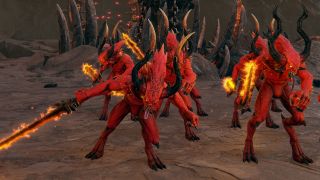
While Battlesector is turn-based, which helps it feel like a game of 40K being played on the tabletop, we've seen RTS games enjoy a comeback in the last year or so. Homeworld 3, The Great War: Western Front, and Men of War 2 are all on the way, and Dune: Spice Wars might be leaving early access soon.
"It does feel like there is an RTS renaissance happening right before us," Turbett agrees. "There are a lot of big RTS titles coming up on the horizon, which we ourselves are looking forward to playing too. What we've learned over the years is that trends come in cycles, in waves so to speak, and the RTS wave is coming up next."
The biggest gaming news, reviews and hardware deals
Keep up to date with the most important stories and the best deals, as picked by the PC Gamer team.
The last time the RTS wave crashed down turn-based games fell out of favor. It doesn't feel like that's happening this time, with both speeds of strategy being catered to at once. "I feel that older players are coming back to gaming," Turbett suggests by way of explanation, clarifying that by "older" he means aged around 35 to 45. "The pandemic showed that some of us can work from home, which means less travel time. You may now have more time to spend on whatever you like, and gaming is a nice way to spend your free time. So you look back at your youth and you remember the awesome time you had with RTSes and TBSes and you look for the modern similar, something you know and played before. After all, you might not have the nerves and the skillset to play COD against 15-year-olds and listen to them yell at you over the mic telling you you suck."
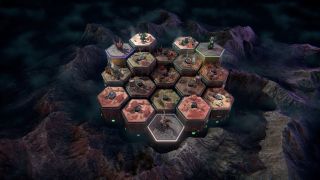
Black Lab previously experimented with a simultaneous-turn "WEGO" system in Battlestar Galactica: Deadlock. You give your ships orders as they hang frozen in 3D space, watch the effects play out over several seconds of real time, then pause and go again. At the end, you can watch the whole battle replayed in real-time.
Having worked on two licensed games, I was curious how Black Lab felt about the restrictions that come with working on someone else's property. "We are enjoying working with Games Workshop, and we enjoyed working with NBCUniversal," Turbett says. "The licenses themselves are different, Battlestar Galactica being a TV show, and Warhammer 40,000 being a tabletop miniatures wargame, so we've approached making each game to suit the nature of the franchise it represents. For BSG, that meant a stronger focus in narrative and characters, in the context of the videogame about epic space battles."
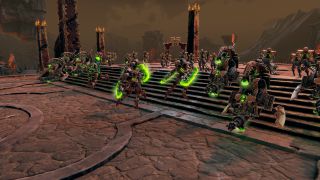
Battlesector does engage with the narrative of Warhammer 40,000, however, being set in the current Era Indomitus timeline. Introduced in the tabletop wargame's 8th edition, it's a leap forward that has shaken up the setting. Crusades have been fought, the planet Cadia lost and the Blood Angels' homeworld of Baal invaded, and a brand new variety of bigger and better space marines called the primaris introduced. The primaris will feature in Space Marine 2 and Darktide's set in the Era Indomitus as well, which makes me wonder if Games Workshop is pushing for 40K games to embrace the setting's current status quo.
"Given the timing of making the game," says Turbett, "it just made sense. When we started development, 8th edition had been out a couple of years, so the Devastation of Baal was still fairly current in the story. Black Lab proposed the idea of setting the campaign in the aftermath of the devastation, which naturally meant the inclusion of primaris space marines."
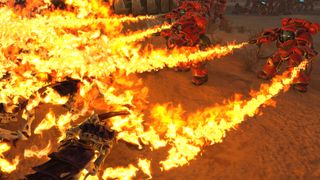
Though Darktide's a lot of fun to play, its state at launch didn't endear it to a lot of players. Now Blood Bowl 3 seems to be making the same mistake, and the less said about early access autobattler Soul Arena the better. Meanwhile, Battlesector continues quietly updating and maintaining a steady 89–90% positive rating in Steam's user reviews, with players saying things like, "This is probably the most true to tabletop 40k game I've played."
Battlesector's lack of seasonal content, weekly quests, always-online requirements, or any of the other other hallmarks of live-service games that have held back Darktide and Blood Bowl 3 has stood it in good stead. It felt complete at launch, with a singleplayer campaign, skirmish mode, and multiplayer of the hot seat, asynchronous, and tournament varieties, but has found ways to grow since without making me feel like I'm missing out if I wait another three months before I come back again.
The one thing I'd really like to see more of in Battlesector is another story campaign. When I asked whether we'd see more of those, Turbett said, "We are always listening to our players' feedback and we're keen to hear what they have to say. So anything is possible and we're eager to see what the future might bring."
Which is a diplomatic way of saying "maybe." I'll just have to keep clicking the end turn button a while longer.

Jody's first computer was a Commodore 64, so he remembers having to use a code wheel to play Pool of Radiance. A former music journalist who interviewed everyone from Giorgio Moroder to Trent Reznor, Jody also co-hosted Australia's first radio show about videogames, Zed Games. He's written for Rock Paper Shotgun, The Big Issue, GamesRadar, Zam, Glixel, Five Out of Ten Magazine, and Playboy.com, whose cheques with the bunny logo made for fun conversations at the bank. Jody's first article for PC Gamer was about the audio of Alien Isolation, published in 2015, and since then he's written about why Silent Hill belongs on PC, why Recettear: An Item Shop's Tale is the best fantasy shopkeeper tycoon game, and how weird Lost Ark can get. Jody edited PC Gamer Indie from 2017 to 2018, and he eventually lived up to his promise to play every Warhammer videogame.
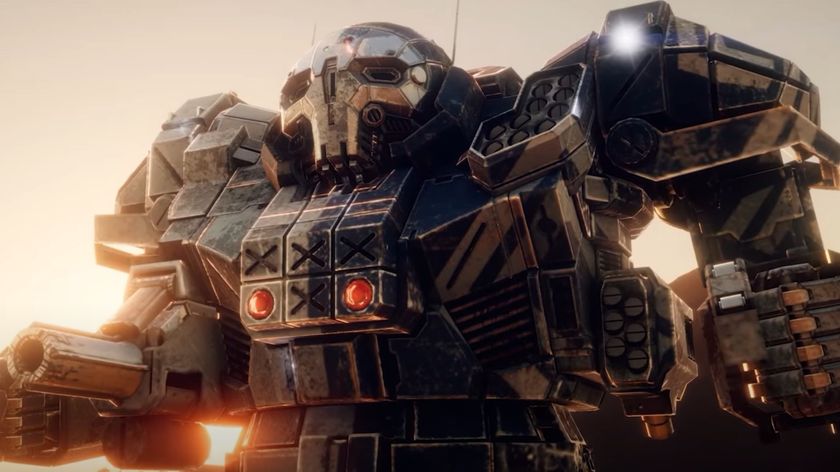
No one's making a new BattleTech videogame any time soon, so I'll console myself with this $18 bundle of stuff for the tabletop RPG
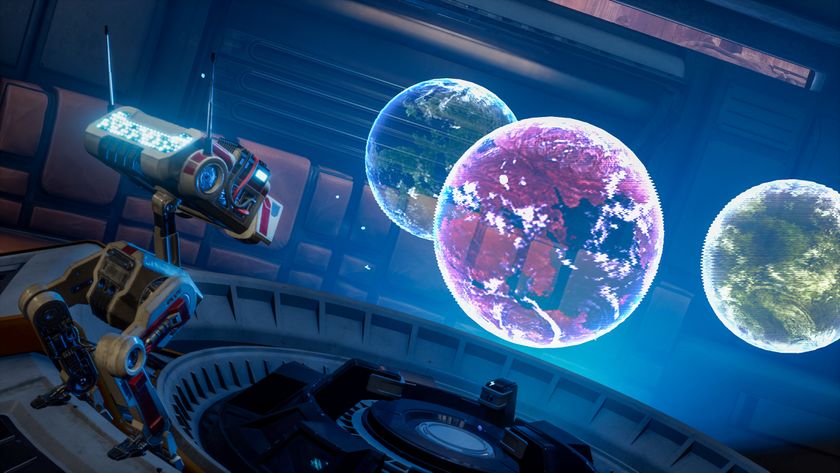
Screenshots have seemingly leaked of the new Star Wars game from a team of former XCOM developers, and surprise: it looks like a Star Wars XCOM game
